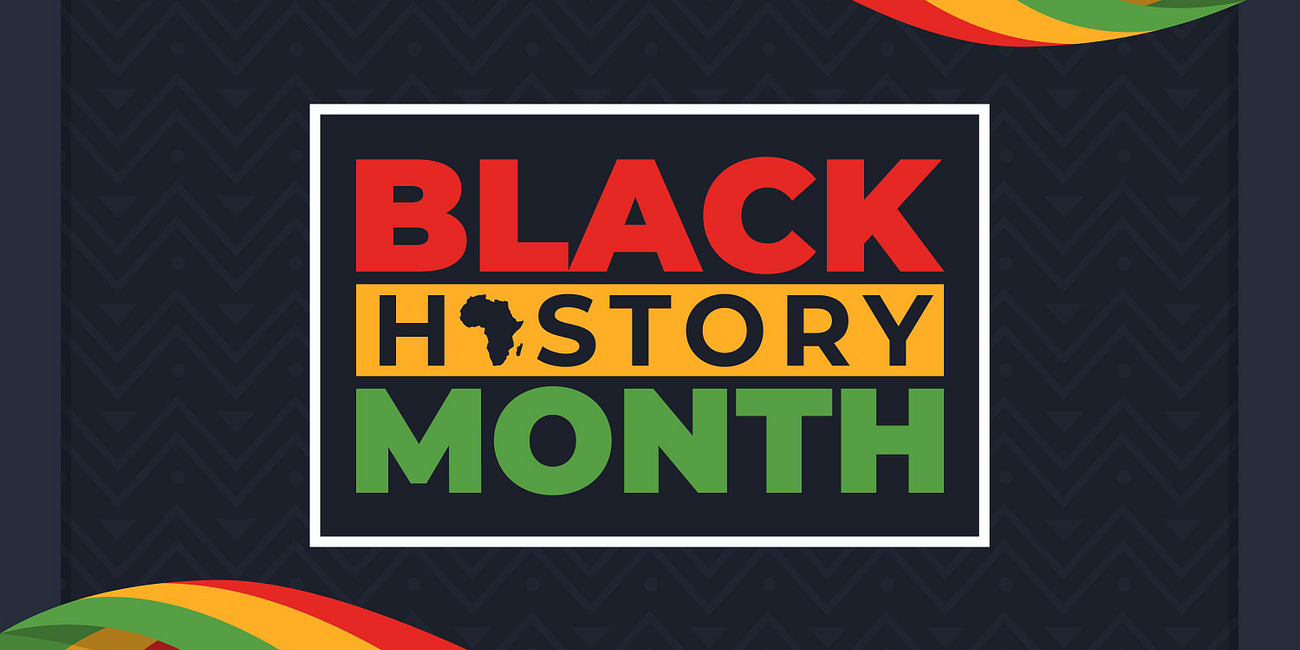I’ve been having a conversation with two friends recently about women who are or have been terrible either for appropriative acts, terrible political takes, or tone-deaf moments. These women also seem nonplussed about the revulsion their acts sometimes garner. Then, we, the public, feel all the dumber for putting all out stan eggs in the wrong basket (like that “we were rooting for you” Tyra meme). Yet, despite all the reasons to abandon ship and find someone else’s career to follow, I still come back to these women. Something about their behavior both repels and attracts attention.
And although she made a song setting herself up as one, Taylor Swift does not compel me as an Anti-Hero. For one, Swift bakes heroism into her brand. The “girl power” and “girl boss” vibes in songs like “We Are Never Ever Getting Back Together” and “22” are undeniable. But, even as she reflects on unsavory qualities, like narcissism and vanity in Midnights’ “Snow on the Beach,” Swift searches for redemption in a line like “And it’s like snow at the beach/Weird but fuckin’ beautiful.” Similarly, “Anti-Hero” reflects and explains Swfit’s narcissism in a line like “I’ll stare directly at the sun, but never in the mirror/It must be exhausting always rooting for the anti-hero.” This supposed anti-heroine wants to be a hero.
Contrarily, two of Taylor’s peers in the entertainment industry, Miley Cyrus and Selena Gomez, seem less interested in redemption from those unsavory qualities. Taylor, Miley, and Selena would never be labeled my “feminist icon” (if I believed in such titles). However, Miley and Selena’s public performance keeps me in their orbit as a peripheral fan. Both women seem to no longer care about the bad press or successfully perform apathy. That apathy feels permissive and permits me to stop perseverating over my mistakes.
Since her “Wrecking Ball” and foam finger days in the 2010s, Miley has leaned further into a rock star aesthetic, channeling her godmother, Dolly Parton, and Joan Jett. In “Used To Be Young,” on Miley’s latest album Endless Summer Vacation, the 31-year-old Pop star thinks fondly of her messy late teens and twenties not just because they taught her lessons but because they were all in service of her finding herself. (I have separate thoughts on racist caricatures as a means through which some white women find themselves.) However, her commitment to personal growth and development, which shows in this album, deserves respect.
Selena Gomez, a true problematic fave, never fails to come out on top. She says things I find morally reprehensible most of the time. And yet, I still check in on her antics. I doubt she’ll say or do better in the future. But she’ll always manage to slide out of hot water, whether responding to comments about her weight gain or alleged plagiarism. Gomez presents an unbothered front to the world. Her remaining unflustered through these controversies while looking charming and loved up with her boyfriend, Benny Blanco, beautifully distracts the public. She’s a master at PR, if anything.
Complicated women have not always been labeled charming. In the Trick Mirror collection, Gia Tolentino’s essay on literary heroines tracks women’s tragic endings in modern and contemporary novels. (The House of Mirth, Marriage Plot, I Love Dick, and My Brilliant Friend are some of the novels that Tolentino analyzes.) These “complex female characters,” wanting more than “house and husband,” find few outlets for ambition, curiosity, and restlessness. And so, they unravel and ultimately see tragic endings: madness, isolation, suicide. Complex women in public life also seem to slide towards similar endings—think Whitney Houston, Amy Winehouse, Judy Garland, and Billie Holliday. A patriarchal society does not make being a messy woman easy, which is to say a patriarchal society does not make being a woman easy. Women on and off the page, screen, or stage daring to be human pose a threat to social order.
Again, I stop to say that Gomez’s and Cyrus’s behaviors are not acceptable. But I enjoy watching their dynamic careers continue. Their longevity provides twisted hope that complicated women can have more than tragic endings.
If you liked this essay, try…
Living a Soft Life
I am finishing Wayward Lives, Beautiful Experiments by Saidiya Hartman. The historical nonfiction recounts early 20th-century Black women who had to negotiate freedom in cities now that the Civil War and Reconstruction had ended. The book introduces new layers to known figures like WEB DuBois, who used to be overly obsessed with purity culture, or Ida B…
What happens to a suppressed Soul?
Most of my critical interests involve Black arts and entertainment, so calling this month a Black History Month series might seem redundant. But, for Black History Month, I would like to use each post to reflect on significant cultural or historical trends in Black arts and culture. For this post, I analyze how Soul is now doing as a cultural phenomenon…






